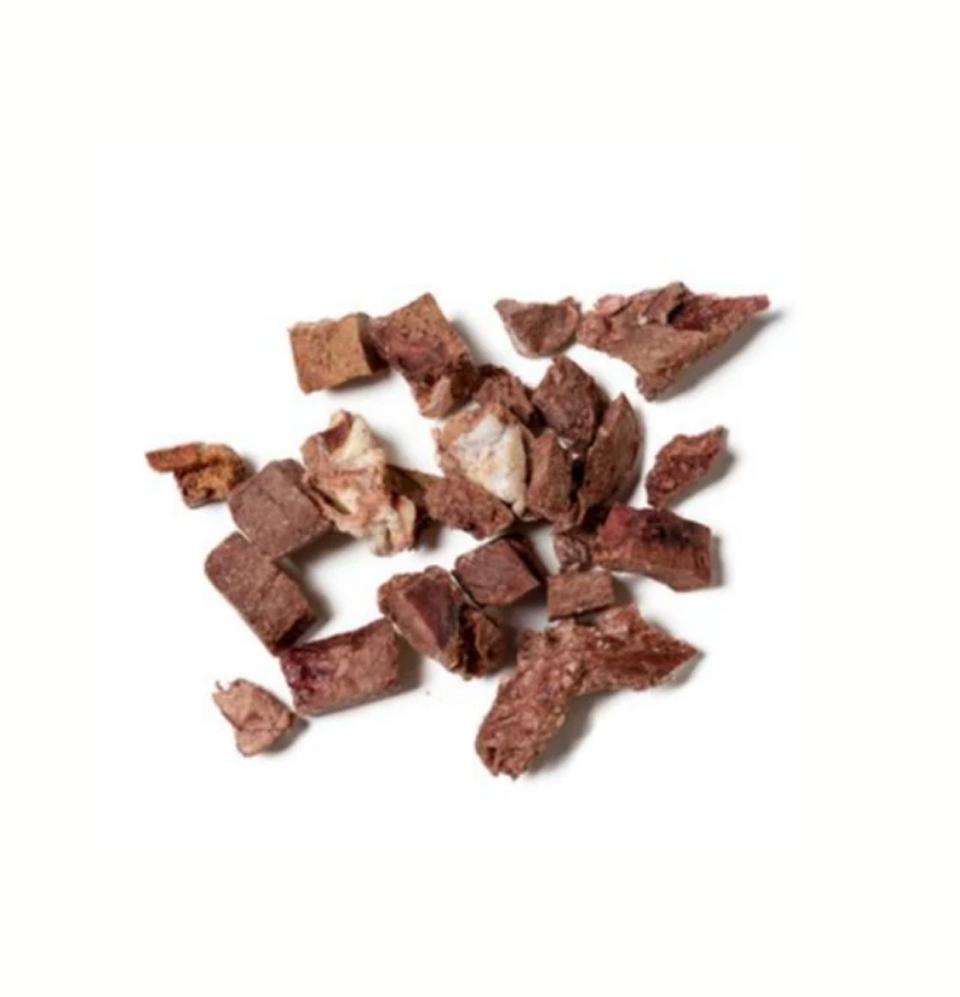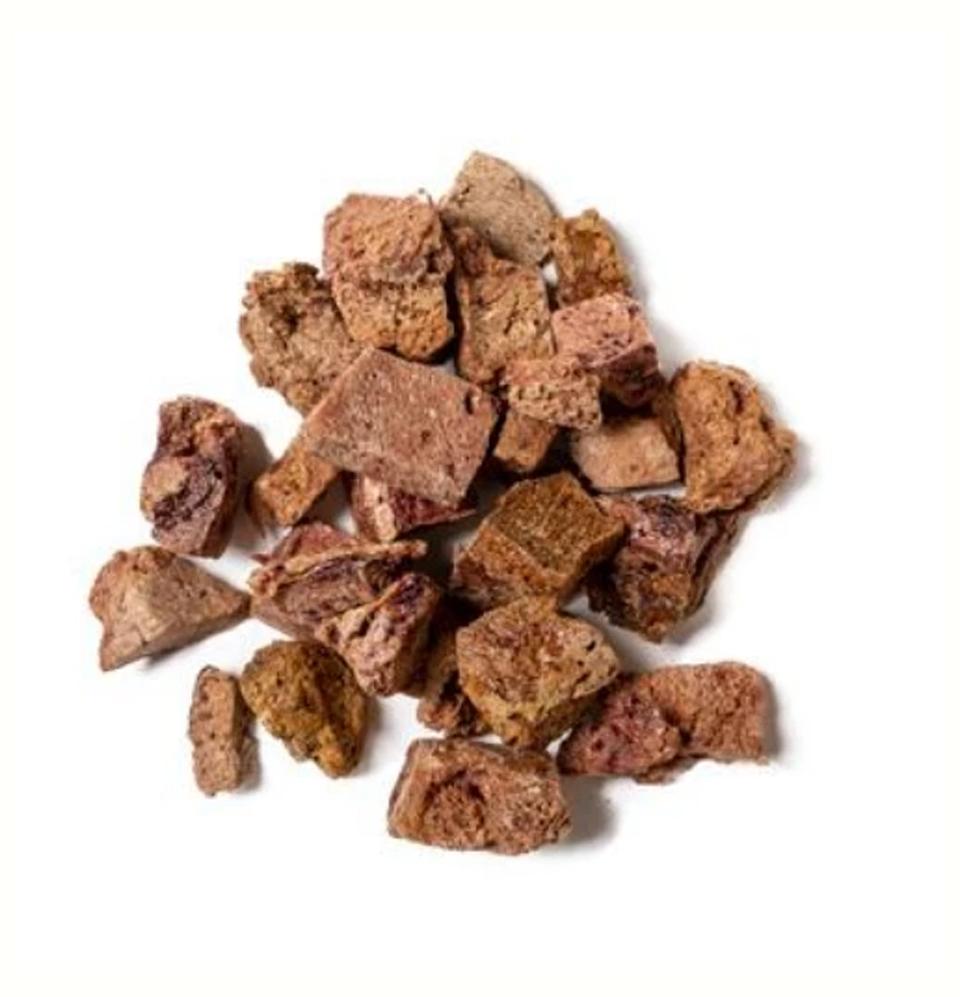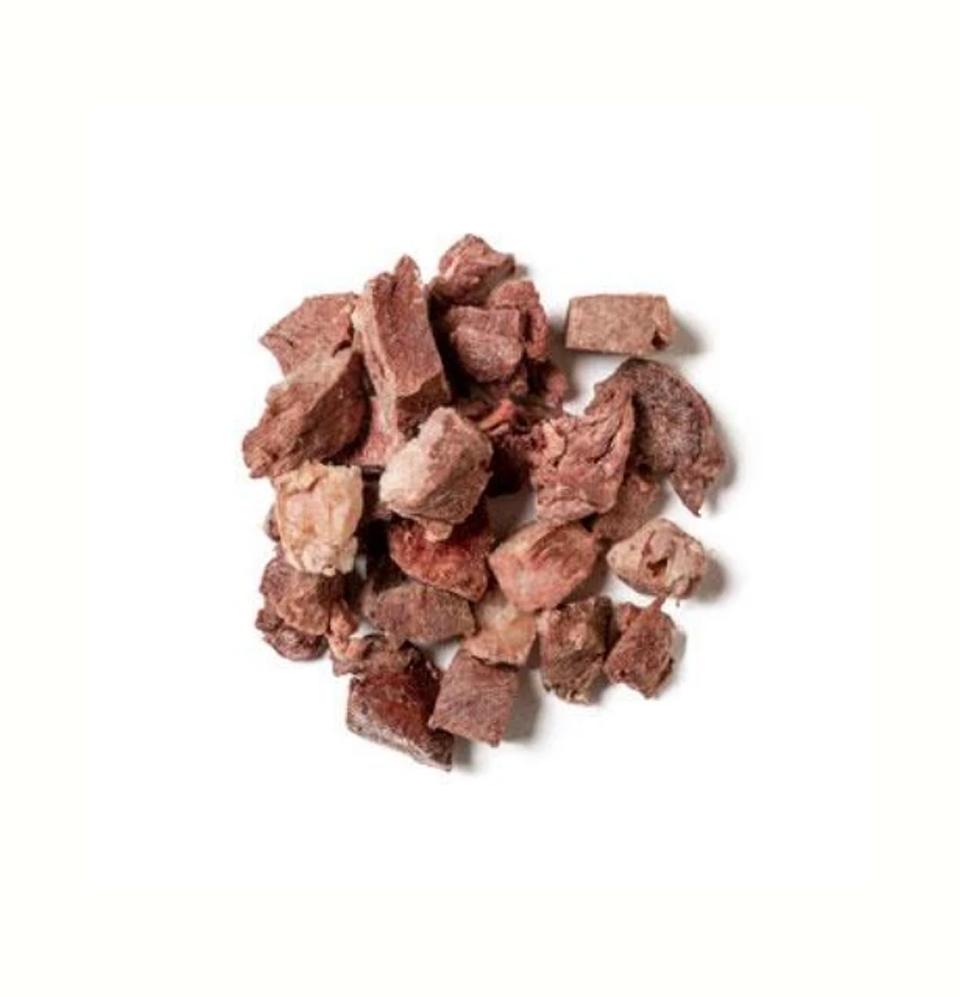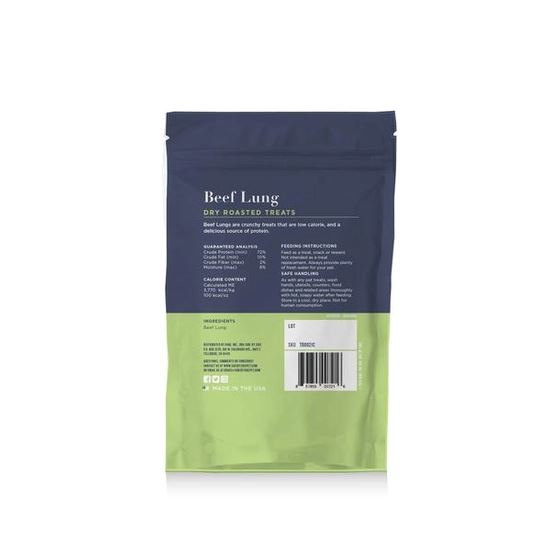
Understanding Dog Kidney Failure: Stages Chart & Resources

What is Dog Kidney Failure?
Dog kidney failure, also known as canine renal failure, refers to the kidneys' inability to perform their vital functions adequately. It is a serious and potentially life-threatening condition that can be either acute or chronic.
Acute Kidney Failure
Acute kidney failure occurs suddenly and often results from a specific event or condition, such as ingestion of toxins, severe dehydration, urinary blockage, or a sudden decrease in blood flow to the kidneys.
However, it can be reversible if diagnosed and treated promptly.
Chronic Kidney Failure
Chronic kidney failure, on the other hand, develops gradually over time, usually due to progressive and irreversible damage to the kidneys.
It is more common in older dogs, and is also often attributed to underlying conditions like:
- kidney disease
- congenital abnormalities
- immune-mediated diseases
- long-term exposure to certain medications or toxins.
In this article, we will discuss the various stages of chronic kidney disease.
Veterinary Testing for Dog Kidney Disease
Veterinarians use several tests to diagnose kidney disease in dogs. The tests help your veterinarian evaluate the overall kidney function and also determine the underlying cause of the disease.
Common Diagnostic Tests
Some common diagnostic tests include:
- Blood tests: Blood tests provide valuable information about kidney function and also help identify markers of kidney disease.
- Blood urea nitrogen (BUN): Elevated BUN levels indicate impaired kidney function.
- Serum creatinine: Increased creatinine levels suggest reduced kidney function.
- Symmetric dimethylarginine (SDMA): SDMA is a more sensitive and specific marker for kidney disease compared to traditional markers, such as BUN and creatinine. SDMA is a waste product that is produced during the breakdown of proteins in the body. Usually, the kidneys filter out SDMA, and it is then excreted in the urine. When the kidneys are not functioning correctly, SDMA levels in the blood increase, indicating reduced kidney function. The SDMA test can detect kidney disease earlier than other traditional markers because it can detect subtle changes in kidney function. It helps identify kidney disease in its early stages, even before other markers, like BUN and creatinine, become elevated.
- Urinalysis: Urinalysis involves analyzing a urine sample to check for abnormalities. It helps evaluate the concentration of urine, the presence of protein, blood, and other substances. Abnormal findings can indicate kidney damage.
- Urine protein-to-creatinine ratio (UPC): This test measures the ratio of protein to creatinine in a urine sample. Elevated UPC values suggest protein loss through the kidneys, therefore indicating kidney damage or disease.
- Imaging tests: Imaging tests, such as ultrasounds or radiographs (X-rays), can provide detailed images of the kidneys. They help identify structural abnormalities, kidney stones, or other conditions that may be causing kidney disease.
- Blood pressure measurement: High blood pressure can be a sign of underlying kidney disease. Measuring blood pressure can also help diagnose and monitor kidney disease.
- Additional blood tests: Depending on the suspected cause or type of kidney disease, your vet may also recommend additional blood tests. Your veterinarian may also include tests for infectious diseases, immune-mediated disorders, or specific biomarkers related to certain types of kidney disease.
- Kidney biopsy: In some cases, a kidney biopsy may also be necessary to determine the exact cause and severity of kidney disease. A biopsy involves obtaining a small sample of kidney tissue for microscopic examination.
The specific tests your vet chooses may vary depending on your dog's individual case and health assessment.
If you suspect your dog has kidney disease, it's best to consult your veterinarian for a proper diagnosis and appropriate treatment.
Dog Kidney Failure Stages Chart

Stage I (Early Stage)
Stage I kidney disease is equivalent to early-stage kidney disease. Many dogs don't display any symptoms at all during the early stages of kidney failure.
You may or may not notice a mild increase in water consumption (polydipsia) and urination (polyuria), but no change in appetite or behavior.
Kidney damage may be present, but your dog compensates well, and lab results may still be in the "normal" range.
Stage II (Mild)
Stage II Kidney Disease is mild kidney disease. Your dog may or may not show signs and symptoms.
However, the signs and symptoms of Stage II Kidney Disease are often similar to those displayed as a dog ages.
Common signs include:
- Increased drinking and urinating
- Slight decrease in appetite
- Mild weight loss
- Occasional vomiting or diarrhea
- Slight reduction in energy levels
- Blood tests may show mild elevations in blood urea nitrogen (BUN) and serum creatinine levels.
Stage III (Moderate)
Stage III Kidney Disease is moderate kidney disease.
Now, all signs, symptoms, and lab results indicate kidney disease.
Common signs include:
- Further increase in drinking and urinating
- Decreased appetite
- Weight loss becomes more pronounced
- Lethargy and weakness
- More frequent vomiting and diarrhea
- Bad breath and oral ulcers may develop
- Blood tests show elevated BUN and serum creatinine levels
Stage IV (Severe)
Stage IV Kidney Disease is severe kidney disease. At this point, the disease has taken a noticeable toll on your dog's health.
Common signs include:
- Excessive drinking and urinating
- Significant decrease in appetite, possibly anorexia
- Pronounced weight loss and muscle wasting
- Severe lethargy and weakness
- Frequent vomiting and diarrhea
- Signs of dehydration (sunken eyes, dry gums, loose skin)
- Pale mucous membranes from anemia
- Oral ulcers and bad breath
- High blood pressure (hypertension) may occur
- Blood tests show markedly elevated BUN and serum creatinine levels
In advanced stages, your dog may also experience complications such as electrolyte imbalances, high blood pressure, anemia, and secondary infections.
Please remember, the above symptoms are merely general guidelines. Also, the presence and severity of symptoms can vary from dog to dog.
If you suspect your dog has kidney disease or notice any changes in their behavior or health, it's crucial to consult a veterinarian for a thorough examination, proper diagnosis, and appropriate treatment.
Early detection and intervention will help manage kidney disease more effectively and also help improve your dog's quality of life.
What You Can Do to Help
As mentioned in the video above, there is currently no cure for chronic kidney disease.
Realistic goals include:
- Provide a good quality of life
- Slow progression
- Delay the onset of uremic crises
- Improve survival time
At this point, it's crucial to work closely with your veterinarian. Your veterinarian will help you monitor your dog's kidney health status through blood work and other diagnostic tests.
Supporting your dog’s kidney health at home can make a big difference.
The most important step—at every stage of kidney disease—is ensuring your dog stays well-hydrated.
Additionally, you can help protect and strengthen your kidney function through targeted dietary adjustments, gentle lifestyle changes, and the thoughtful use of specialized supplements and herbs.
To be proactive in your dog's healthcare, please read our article: TCVM Recommendations for Dogs with Kidney Disease. It offers information on various ways to help your dog feel better and enjoy an overall improved quality of life.
This article explores practical ways to support dogs living with chronic kidney disease (CKD). It explains what CKD is, how it differs from acute kidney failure, and why it is so common in aging dogs. The article highlights at-home care strategies, including feeding wet or home-cooked diets, offering kidney-supportive treats, keeping dogs hydrated, reducing toxin exposure, and using supplements like Epakitin. It also discusses the benefits of Traditional Chinese Veterinary Medicine (TCVM) herbs.
Need Extra Help Managing Your Dog's Kidney Health Challenges?
If you’d like extra support in managing your dog’s kidney health—whether through natural approaches or TCVM herbal blends—we’re here to help.
TCVM Pet Supply co-founders, Dr. Marc Smith and Dr. Casey Damron, offer personalized TCVM telemedicine consultations designed specifically for your dog’s needs. During your consultation, you’ll receive:
- A TCVM evaluation
- Tailored food therapy recommendations
- Herbal formulas with veterinary authorization
- Supplement guidance
- Alternative medicine recommendations
For pet parents in Middle Tennessee—or those willing to travel—in-clinic appointments are also available. You can learn more about each veterinarian and contact the clinic of your choice to schedule your consultation.
- Marc Smith, DVM, MS - Natchez Trace Veterinary Services
-
Casey Damron, DVM, CVA - White Oak Animal Hospital
We hope this information gives you clarity and confidence as you support your dog’s health and comfort.
If you have any questions or would like additional guidance, we’re always here to help.
Sources:
- Buzby, J. (2022). Kidney Disease in Dogs: Stages and What They Mean For Your Dog. Dr. Buzby’s ToeGrips for Dogs. https://toegrips.com/kidney-disease-in-dogs-stages/
- IRIS Kidney - Guidelines - IRIS Treatment Recommendations. (n.d.). http://www.iris-kidney.com/guidelines/recommendations.html
- Woodnutt, J., & Woodnutt, J. (2022). Kidney Failure in Dogs: Signs, Causes, and Treatment. The Vets. https://thevets.com/blog/kidney-failure-in-dogs/


























